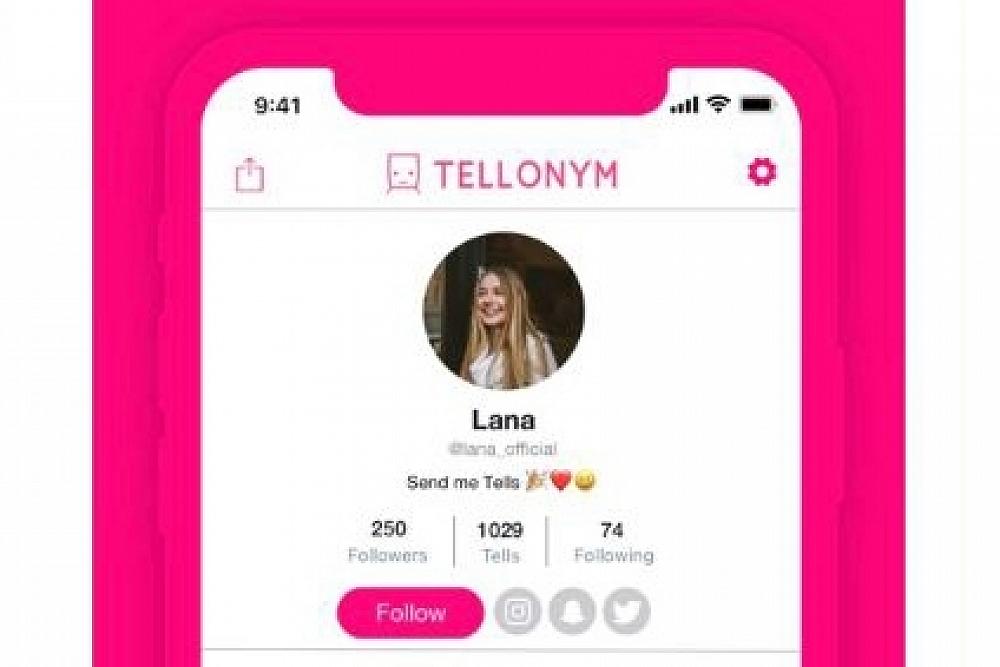
“Tellonym”
Please be aware there is growing concern among parents, digital watchdog organisations, and schools about an application (“app”) for smartphones called “Tellonym”.
The app lets users ask and answer questions about each other anonymously — a concept that the app creators claim will encourage open and honest conversation, but experts say is enabling cyber-bullying and cruelty.
The application gets users to make a non-anonymous profile. Then, on that profile, users anonymously leave "tells," or messages intended to "tell me what you think of me." If the user chooses to answer an anonymous "tell," the conversation will appear on their profile.
The site claims that, with growing rates of social anxiety, anonymity is a great option to talk to others, starting a conversation while slowly reducing concerns like fear of rejection to finally reveal oneself resulting in the creation of new friendships. The app calls itself "the most honest place on the internet"; the name "Tellonym" is a play on "anonymous" and "tell on him." Currently boasting over 13 million users, the app allows users to share the link with friends on Twitter, Instagram, and Snapchat accounts.
So what could go wrong? In July 2018, the app appeared to gain traction internationally. The Manchester Evening News reported that schools were beginning to warn parents about cyberbullying on the app. The story gained national attention in the UK. The pattern appears to be repeating itself in the United States, with schools are also advising parents to check their teens' phones for Tellonym, and any sign of cyberbullying. Media organisations began to sound the alarm in January 2019, and parental watchdog organisations have sought to educate parents about the app. One parent described Tellonym — which her daughter uses — as "nothing but a platform for bullying." Cruel things can be said and done with anonymity and, subsequently, impunity.
The concept of anonymous messaging is not new. Similar anonymous messaging services Yik Yak and Sarahah both shut down in recent years following controversy around abuse and bullying. When young people are being bullied, there's no shortage of reasons they might be reluctant to tell a parent or trusted adult. Maybe they're embarrassed, scared, or even feel responsible in some way. Whatever their reasons may be, the fact remains that not every young person comes forward. In our new “normal” of text messaging, private social media accounts, and anonymous apps, it's now easier than ever for young people – whether they're the bullied or the bully – to keep their parents in the dark. Anonymity is the whole point of Tellonym, which makes it the ideal platform for cyberbullying.
Please continue to monitor – and, if necessary, limit – your daughter’s use of her cellphone, and what she is exposed to on social media. You are the parent and you make the rules (and in all likelihood, you pay the phone bill each month!). If you or your daughter have any concerns involving cyber-bullying or inappropriate messaging occurring, please contact your daughter’s year level Dean, or one of the counsellors at school. You can email, text or phone Julia Field (Head of Guidance) at (027) 3528 027, fdj@cghs.school.nz, (03) 348 0849 ext. 731.
